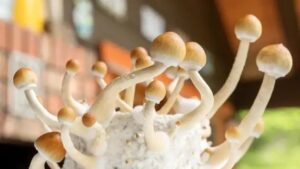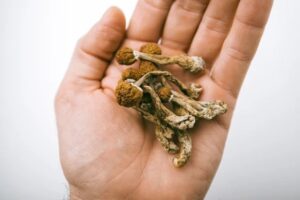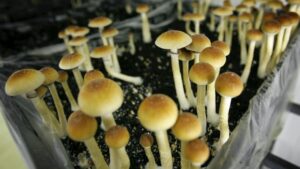
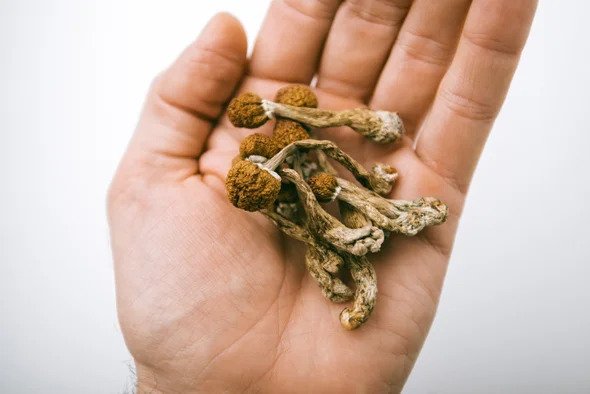
Psilocybin microdosing refers to the practice of consuming very small, sub-perceptual
amounts of psilocybin on a regular basis, typically once every few days. Unlike a full
psychedelic experience, microdosing is intended to produce subtle, long-lasting effects
that can enhance creativity, productivity, and well-being without causing hallucinations
or impairing normal functioning.
While the precise dosing and frequency of microdosing can vary, a typical dose is
around 0.1-0.5 grams of dried mushrooms, which is well below the threshold for a full
psychedelic experience. Advocates of microdosing claim that it can help alleviate
symptoms of depression and anxiety, enhance focus and creativity, and improve
relationships and social interactions.
It is worth noting that while some people have reported positive effects from
microdosing, there is currently very little scientific research on its safety and efficacy.
As with any form of self-medication, it is important to exercise caution and consult with
a healthcare provider before trying psilocybin microdosing.
Psilocybin microdosing is a relatively new phenomenon, and there is limited scientific
research on its effects. However, some people who practice microdosing have reported
a range of potential benefits, including:
The amount of psilocybin that is considered a microdose can vary depending on
individual factors such as body weight, tolerance, and sensitivity to the substance.
However, a typical psilocybin microdose is around 0.1-0.5 grams of dried mushrooms.
It’s worth noting that this amount is well below the threshold for a full psychedelic
experience, which usually begins at around 1-2 grams of dried mushrooms. A
microdose is intended to produce subtle, sub-perceptual effects that can enhance
creativity, focus, and well-being without causing hallucinations or impairing normal
functioning.
It’s important to exercise caution when experimenting with psilocybin microdosing, as
the effects of the substance can be unpredictable and vary widely between individuals.
It’s recommended to start with a very small dose and gradually increase as needed to
find the optimal dose for your individual needs and goals. Additionally, it’s important to
consult with a healthcare provider before trying psilocybin microdosing, especially if you
have a history of mental health issues or are taking any medications.
There are several ways to take a psilocybin microdose, but the most common method is
to consume dried mushrooms that have been ground into a powder or chopped into
small pieces.
Here are the general steps to take a psilocybin microdose:
The frequency of psilocybin microdosing can vary depending on individual factors and personal preferences. However, most people who practice microdosing take a dose every 2-3 days, with occasional breaks to prevent tolerance from developing. At Project Circle we recommend taking a dose 4 consecutive days in a week with 3 days off.
It’s important to note that psilocybin can have long-lasting effects on the brain, and it’s possible for tolerance to build up over time. To avoid this, many microdosers follow a “dose day, off day” schedule, where they take a microdose one day and then take a
break for the next day. Some people may also take longer breaks, such as several days or even weeks, to allow their brains to reset and avoid tolerance.
Additionally, it’s important to listen to your body and adjust the frequency of microdosing as needed. Some people may find that they get the most benefit from
microdosing once or twice a week, while others may prefer to microdose more or less
frequently. It’s important to pay attention to any changes in mood, energy, or focus and
adjust the frequency of microdosing accordingly.
As with any psychoactive substance, it’s important to exercise caution and consult with a healthcare provider before trying psilocybin microdosing, especially if you have a history of mental health issues or are taking any medications.
Thanks for reading! To learn more sign up for our mailing list!

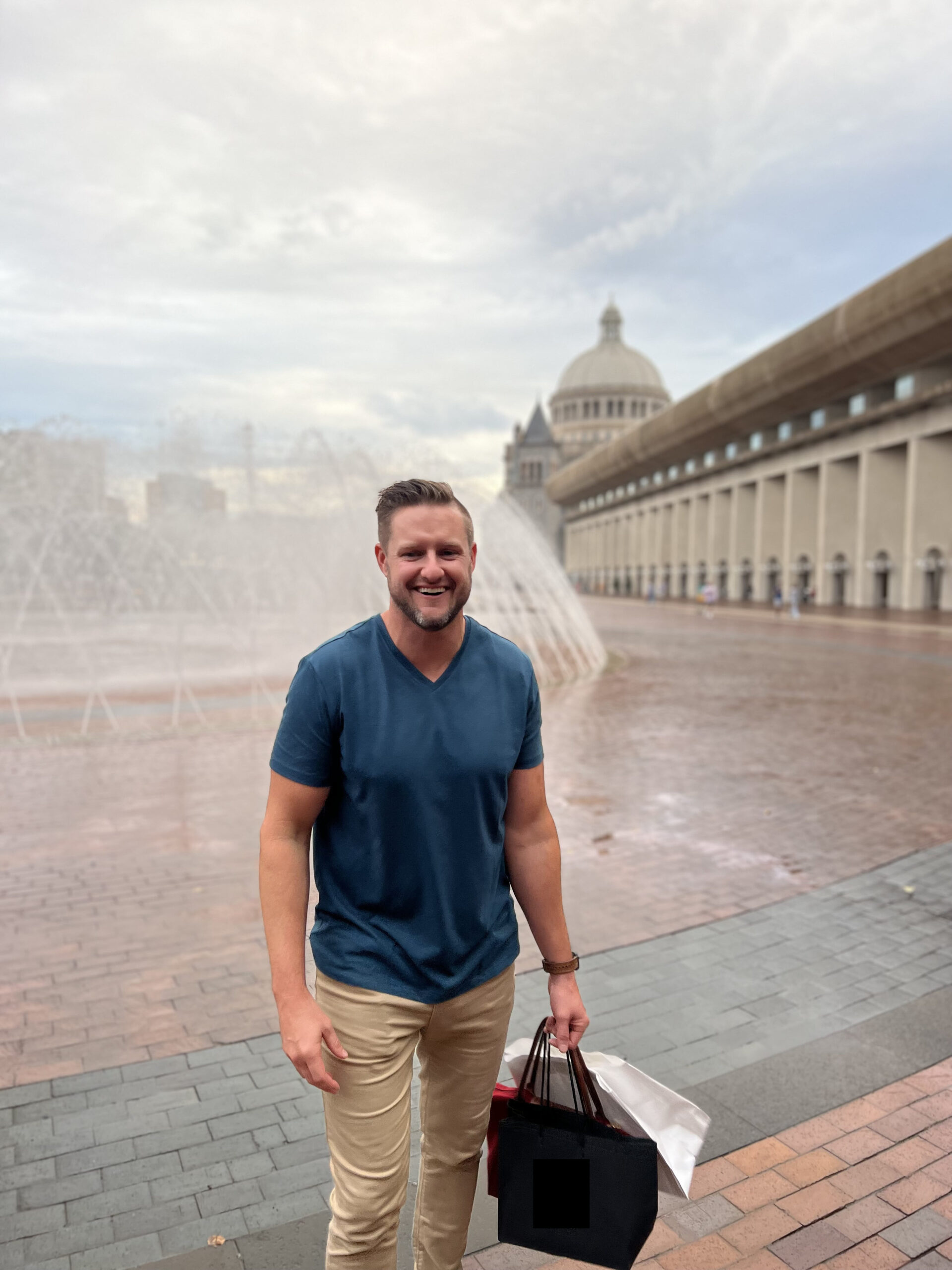
Chris Mitchem is the founder of Project Circle. Chris started Project Circle to help people live their best lives by controlling their depression, addiction, PTSD, and anxiety.



